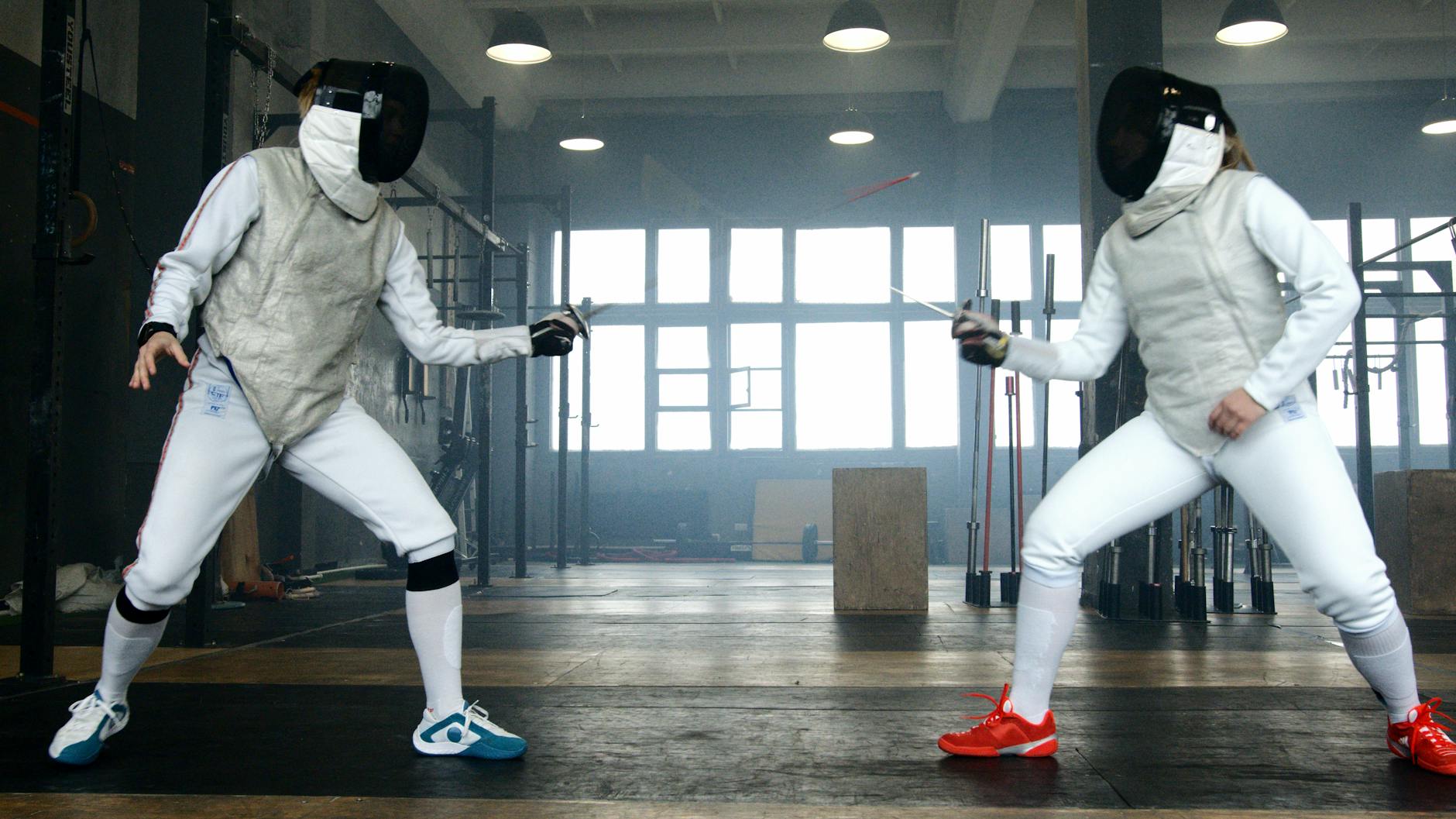Doggo Potty 101: Timing the Training

Bringing a new puppy into your home is an exciting journey filled with cuddles, playtime, and, of course, the inevitable challenge of potty training. Proper training is essential to shaping a well-behaved companion and ensuring a clean living environment for everyone involved. In this guide, we'll explore some crucial timing and methods to effectively potty train your furry friend.
The Fundamentals of Potty Training
Before diving into the particulars of timing, it's important to understand the basic principles behind potty training:
- Consistency: Keep feeding schedules, potty breaks, and training consistent each day.
- Positive Reinforcement: Reward your pup for good behavior with treats, praise, or playtime.
- Supervision and Confinement: Watch your dog closely for signs they need to go and use crates or confined spaces to limit accidents.
- Patience: Remember, every dog learns at their own pace, and accidents are just part of the process.
The Best Timing for Potty Training Success
Age Considerations
Young puppies have small bladders and limited control over their bodily functions. Training can start as early as 8 weeks old, with most puppies capable of holding their bladder for about one hour per month of age. So, a two-month-old puppy might need a break every two hours.
Timing After Meals
Dogs typically need to relieve themselves shortly after eating. Plan to take your puppy outside within 5 to 30 minutes after they eat. Pay attention to your dog's individual pattern, as some may need to go sooner than others.
First Thing in the Morning and Last Thing at Night
Your pup will almost certainly need to go potty first thing in the morning and right before bedtime. Make these trips outside part of your daily routine to help your dog establish a habit.
Post-Nap Potty Trips
Naps are a frequent part of puppy life, and a snoozing puppy's bladder will be full upon waking. Offer a trip outside every time they wake up from a nap.
After-Play Sessions
Playing is not only fun but also stimulates your dog's digestive system. Always offer a bathroom break after a vigorous play session, as they may need to relieve themselves.
Creating a Potty Break Schedule
Establish a regular schedule for potty breaks throughout the day, keeping in mind your dog's age and ability to hold their bladder. As a rule of thumb, offer a chance to go:
- First thing in the morning
- After every meal
- After waking up from naps
- Following playtime
- Before bed
Training Methods
Crate Training
Crate training takes advantage of your dog's natural instinct to not soil their sleeping area. Use a crate appropriately sized for your dog, ensuring it's large enough for them to stand, turn around, and lie down comfortably, but not so large that they can relieve themselves in one corner and sleep in another.
Regular Outside Trips
Take your dog to the same spot each time they need to go. This spot will start to smell like them and encourage them to relieve themselves there.
Signal Training
Teach your dog to signal when they need to go out by ringing a bell or sitting by the door. Consistently escorting them outside when they signal will reinforce this behavior.
House Rules and Accident Handling
Mistakes will happen. When they do:
- Clean up accidents right away with an enzymatic cleaner to remove odors that might attract your pup back to the same spot.
- Never punish your dog for accidents; they likely won't understand and could become fearful.
- If you catch your dog in the act, a firm "no" and immediately taking them outside can help them associate outside with the proper place to go.
Conclusion
Proper timing and methodical training are your best tools when it comes to potty training your dog. Be patient, stay positive, and be consistent with your approach. With these tips in our Doggo Potty 101 guide, you are well on your way to helping your new pet become a happy and well-adjusted member of the family.
Keep in mind that every dog is unique, and what works for one may not work for another. It's important to adjust the training to suit your dog's individual needs and personality. With dedication and understanding, you'll both find success in this potty training adventure.
"The key to successful potty training is patience and consistency. Every pup can learn with the right guidance!" - Renowned Dog Trainer Fido Whispertail
For more pet care tips and tricks, visit our blog at The Pet Expert Daily.